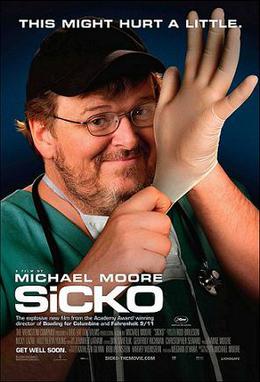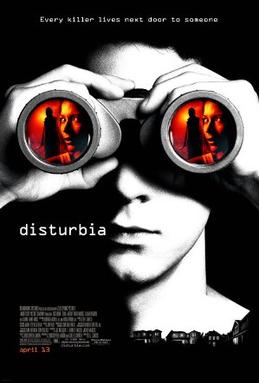Big Brother Bellwood is Watching
| There’s a village in Cook County, near where I live, that is planning to add security camera surveillance to every inch of its public streets (thanks to The Green Lantern for the link). In other words, within two years anything you do on a public street within the 3.5 squares miles of Bellwood will be on camera for police and village officials to scrutinize. I can’t confirm this, but Bellwood may be the first city in the nation to go to this type of setup. Notes Chicago Tribune reporter Angela Rozas: The cameras, which police will monitor at the department's call center and can access through laptops in their cars, are the latest technology. They're wireless and sound-activated. Any excessive noise prompts the cameras to tilt and point toward the sound, enabling the department to home in on a crime even as it is happening. The images are beamed to the department and the laptops through highly encrypted Internet servers and can be downloaded to compact discs to be used as evidence. High-ranking department officials eventually will be able to access the cameras via hand-held PDAs.The article goes on to state that for a fee local businesses can have their security cameras hooked into the village’s camera network. Now, in some ways this is a good idea. Any time there’s theft, vandalism, assault, or any other type of crime committed on a public street, the police will have photographic evidence. That’s kind of a nice thought. My wife has twice had her car stolen (and twice recovered). The police caught the first pair of thieves but you bet your ass I’d love to know who did it the second time. Some fool in our parking lot backed into our car a few months back, busted the taillight, and didn’t leave a note. We think we know who did it but proof would be really sweet. So I definitely see some tangible personal benefits to this type of security system. But the abuses here frighten me. Our country is quickly becoming a police security state. I’ve seen different statistics estimating that the average U.S. citizen has his or her photograph taken between 12-30 times a day. Those numbers have to be taken with a grain of salt, since I couldn’t find any source information for them. Still, I think that’s a reasonable number, given the cameras you see at traffic intersections, tollways, banks, ATM machines, in grocery stores, department stores, malls, etc. Already, if you’re in a public building, you’re probably on tape. But we all know this is being taken further. As Republican Representative Bob Barr (GA) testified before the U.S. House of Representatives Subcommittee on Highways and Transit in 2001 (a few weeks before 9/11): At the 2001 Super Bowl in Tampa, for example, every person entering the stadium was secretly photographed, and their images digitally transmitted and compared to a computer database housing the images of thousands of known criminals. Last year, government officials monitoring motorists traveling on Maryland’s I-95, a stretch of road where there is more than one traffic camera per mile, identified 26,000 Maryland residents and sent them letters asking where they were going that day, why, and with who, as part of a mass transit survey. In such instances, lawful citizens were unwittingly captured on video, monitored by government bureaucrats, and had their lives either questioned or examined, without ever having consented to such intrusions.September 11 has naturally made things worse. As was widely reported in 2003, for example, the Pentagon is working on “Combat Zones That See,” a surveillance system that would use computers and thousands of cameras to track, record and analyze the movement of every vehicle in a city. And while this system isn’t intended for use on U.S. shores, we all know what will happen once the technology becomes available, and once lobbyists for corporations start throwing campaign money around. Security is the business of the future. It won’t be long before data-mining corporations have access to anything and everything about us, including our DNA. And if the last few thousand years of human history is any indication, this type of technology, though meant for good, will be abused. It’s really only a matter of time. Addendum: There's another curious aspect to the Bellwood cameras that the Tribune doesn't pick up on: race. Bellwood is only 11.75% white. African-Americans make up 81.73%. Latinos make up 7.94% of the population. And while the village's economic state is quite good (median income for a family is $57,037, per capita income for the village is $19,420, 7.2% of the population and 5.9% of families are below the poverty line), you can't tell me that ethnicity isn't a factor here. |

















Comments on "Big Brother Bellwood is Watching"
-
 Wasp Jerky said ... (3/28/2005 11:22:00 PM) :
Wasp Jerky said ... (3/28/2005 11:22:00 PM) :
post a commentGretchen,
Here's another privacy story from Chicagoland.
Jason,
Haven't read Fahrenheit or Brave New World. But I think both are on my 50 book list, so I'll keep you posted.